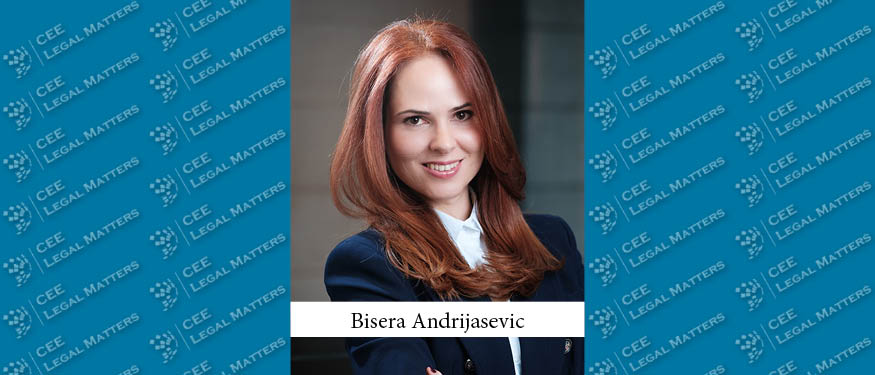Serbia’s competition landscape has been relatively quiet on the surface for the last year and a half. However, the pressure is mounting, and major developments may be around the corner. Enforcement has slowed down, but the Commission for Protection of Competition (Commission) seems to be preparing the ground for a new wave of enforcement activity across key sectors.
The last notable antitrust case (other than standard bid-rigging cases) was the cartel decision against Atlantic Group and Strauss Adriatic, issued in December 2023, alongside the conditional clearance of their merger. One of the highlights of this decision was the Commission’s use of a “seize and sift” approach during the dawn raid, which involved copying entire email inboxes and other electronic records without any on-site pre-selection. The Commission reviewed the copied data on its own premises, without allowing the parties’ representatives to be present, thus depriving them of the opportunity to contemporaneously object to the collection or use of privileged information or documents beyond the scope of the investigation. Although the Commission maintained that parties were later given access to the selected evidence and could object to its inclusion in the file, this after-the-fact remedy was inadequate to offset the lack of procedural guarantees during the evidence review phase.
The ongoing investigation into Serbia’s four major food retailers, launched in October 2024 for suspected collusion on prices of certain food products, has not yet resulted in a statement of objections. The case has a political connotation amidst public’s dissatisfaction with the retail prices.
Meanwhile, the Commission’s longstanding interest in pharmaceuticals and healthcare remains. In 2023, it reviewed two exclusive distribution agreements involving Phoenix Pharma, a major Serbian wholesaler: one with Roche and another with Novo Nordisk. The Roche exclusive distribution agreement was denied an individual exemption, while the Novo Nordisk one was approved, but conditionally. In both decisions, the Commission engaged in detailed market analysis, considering not only substitutability and prescription practices but also procurement channels and competitive dynamics within and between brands.
The focus on the pharma industry continued into 2025, with the launch of a sector inquiry. The inquiry is centered on prescription medicines covered by Serbia’s mandatory health insurance and aims to assess pricing structures, market shares, barriers to entry, and the nature of vertical relations between wholesalers and pharmacies. This inquiry was preceded by public pressure and concern over high medicine prices, followed up by a statement from the former Serbian Prime Minister in November 2024 that the government would examine pharmacy margins and pricing mechanisms. It remains to be seen whether this ongoing sector inquiry will lead to enforcement action or a set of policy recommendations.
The Commission wrapped up in March this year its sectoral analysis of the markets for private healthcare services and voluntary health insurance. The findings confirm that both markets are highly concentrated, with three to four players controlling approximately 80% of the market. Despite that, the Commission found no evidence of coordination among the leading private hospitals, noting that price movements lacked the kind of parallelism that indicates collusion. The final report contains a series of recommendations aimed at improving price transparency on the private healthcare market.
Legislative reform is also on the agenda. Four new block exemption regulations proposed by the Commission in January 2025 are currently awaiting adoption by the government. The most significant is the proposed update of the Serbian vertical block exemption regulation dating back to 2010, aimed at aligning the regulation with the EU VBER adopted in 2022. The draft new VBER proposes to increase the market share threshold for group exemption from 25% to 30%. The proposal also provides that undertakings setting up an exclusive distribution system will be entitled to appoint up to three exclusive distributors, as opposed to five under the EU VBER adopted in 2022. The Commission justified the stricter rule by the limited size of the Serbian market.
Although the round-up does not speak of significant enforcement activity, the calm may be deceptive given that several important investigations and sectoral inquiries in the consumer-facing sectors are pending amidst political and public pressure.
By Bisera Andrijasevic, Partner, BDK Advokati
This article was originally published in Issue 12.6 of the CEE Legal Matters Magazine. If you would like to receive a hard copy of the magazine, you can subscribe here.
